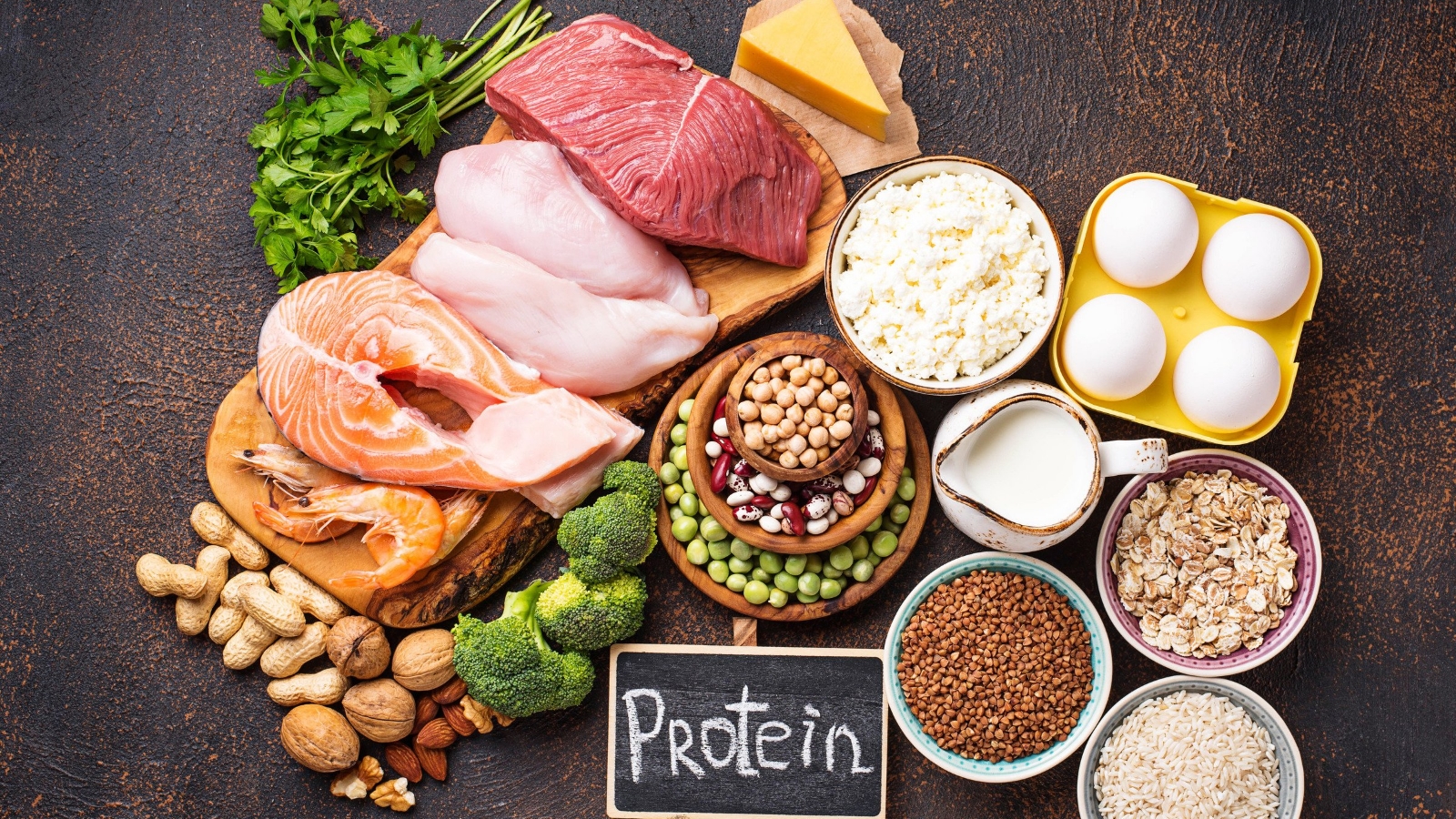Hormones regulate energy, sleep, mood, digestion, and even how your body stores fat. When they are out of balance, you may feel tired, restless, or experience changes in appetite and weight. Learning how to balance hormones naturally through diet and exercise can help improve your body’s daily functioning.
This article explains what hormones are, how food and physical activity affect them, and what specific choices you can make to restore balance. You will learn about nutrition strategies, movement types, and small lifestyle changes that support hormone health without needing complicated plans.
Understanding Hormonal Balance
Hormones are chemical messengers produced by glands in your body. They regulate metabolism, sleep cycles, mood, reproductive health, and stress responses. Even slight imbalances can impact your daily well-being.
Your diet and activity patterns influence hormone production. The foods you eat can either trigger stable hormone responses or create spikes that lead to imbalance. Movement stimulates certain hormones while also helping to regulate others. By combining the right food choices with regular movement, you support your body’s natural rhythm.
The key is consistency. Balanced meals and steady movement patterns are more effective than quick fixes. Your body responds to steady signals, not extremes.
Food Choices That Support Hormonal Health
What you eat directly impacts how your hormones behave. Some foods encourage stability, while others create stress for your body. You can begin improving your balance by focusing on whole, nutrient-dense foods.
- Eat protein with every meal to help stabilize blood sugar.
- Choose high-fiber carbohydrates to slow digestion and support insulin function.
- Include healthy fats to provide building blocks for hormone production.
- Limit processed sugars and refined grains, which can cause energy spikes and crashes.
Protein and Hormone Balance
Protein helps regulate hormones that control appetite and metabolism. When you eat protein, your body releases hormones like peptide YY and GLP-1, which make you feel full. Stable appetite hormones help regulate overeating and maintain steady energy levels.
Include lean meats, fish, eggs, beans, and lentils as part of daily meals. Spread protein evenly across breakfast, lunch, and dinner instead of loading it at the end of the day. This consistency supports muscle repair and keeps your metabolism active.
Fiber and Blood Sugar Control
Fiber slows down how your body absorbs sugar from food. This helps insulin work properly and prevents blood sugar spikes. When insulin is stable, you avoid sudden cravings and energy crashes.
Choose whole grains, vegetables, fruits, seeds, and legumes. Try to include vegetables in at least two meals daily. The more variety you eat, the better the support for your gut and hormone balance.
Healthy Fats and Hormone Production
Fats are essential for hormone creation, especially steroid hormones like estrogen and testosterone. Omega-3 fatty acids also help lower inflammation, which can improve hormonal signals.
Sources of healthy fats include:
- Fatty fish like salmon or sardines
- Avocados
- Nuts and seeds
- Olive oil
Avoid relying on processed oils and foods that are fried. These create oxidative stress that disrupts hormonal function.
Movement for Hormonal Balance
Your body responds to movement by adjusting hormone activity. Exercise not only builds strength but also influences insulin, cortisol, and growth hormone levels. Choosing the correct type of movement matters.
Strength Training
Lifting weights or engaging in resistance-based exercises increases testosterone and growth hormone levels. These hormones are vital for muscle repair and maintaining a healthy metabolism.
Strength training does not need to be complicated. Two to three sessions per week, focusing on large muscle groups, is a practical approach. Bodyweight exercises such as squats, push-ups, and lunges also count.
Aerobic Exercise
Cardio supports heart health and improves insulin sensitivity. Activities like walking, cycling, or swimming encourage your body to use glucose more efficiently. This reduces the risk of blood sugar fluctuations that strain hormone balance.
Aim for at least 150 minutes of moderate aerobic activity per week. Even brisk walking after meals can improve insulin function.
Stress-Reducing Movement
High stress levels increase cortisol, which in turn disrupts the functioning of other hormones. Mindful movement practices, such as yoga, stretching, or tai chi, help reduce cortisol levels and calm the nervous system.
Incorporating these practices a few times a week can lower stress and improve sleep quality. Better recovery supports hormone regulation across multiple systems.
Hydration and Hormonal Function
Hydration is often overlooked in hormone health. Water supports cellular communication, nutrient transport, and detoxification. Without sufficient water, hormone signals can become weakened, and your body may struggle to regulate processes such as appetite and metabolism.
Drinking enough water each day helps stabilize cortisol levels during stress. It also supports the thyroid, which depends on proper hydration to release hormones that regulate metabolism. Even mild dehydration can lead to increased fatigue and impaired concentration.
To improve hydration:
- Drink water consistently throughout the day instead of all at once
- Include hydrating foods like cucumbers, berries, and leafy greens
- Limit excessive caffeine and alcohol, which deplete fluids
- Monitor urine color as a simple guide for hydration status
Consistent hydration helps strengthen the signals your hormones send to various organs. It also enhances the benefits of nutrient-rich foods and regular activity.
Small Daily Changes That Create Balance
Balancing hormones is not about significant, complex changes. Small, steady habits bring better results. You can create a routine that supports hormone health without overcomplicating your day.
Practical steps include:
- Eating balanced meals at regular times
- Drinking water throughout the day
- Adding movement breaks during long sitting periods
- Practicing stress management through breathing or stretching
- Choosing whole foods instead of packaged snacks
Each action reinforces hormone stability. Consistency helps your body recognize patterns and adjust naturally.
Conclusion
Hormones influence how your body uses energy, stores fat, and regulates mood. By combining the right foods with consistent physical activity, you support your body’s natural hormone balance. Balanced meals rich in protein, fiber, and healthy fats help stabilize blood sugar and support hormone production. Regular exercise strengthens your metabolism while reducing stress-related imbalances.
Simple daily actions, such as hydration, mindful activity, and consuming nutrient-rich meals, help you maintain progress. Balancing hormones naturally with food and movement is not about strict rules but steady, supportive choices. Over time, these practices help your body function optimally.



